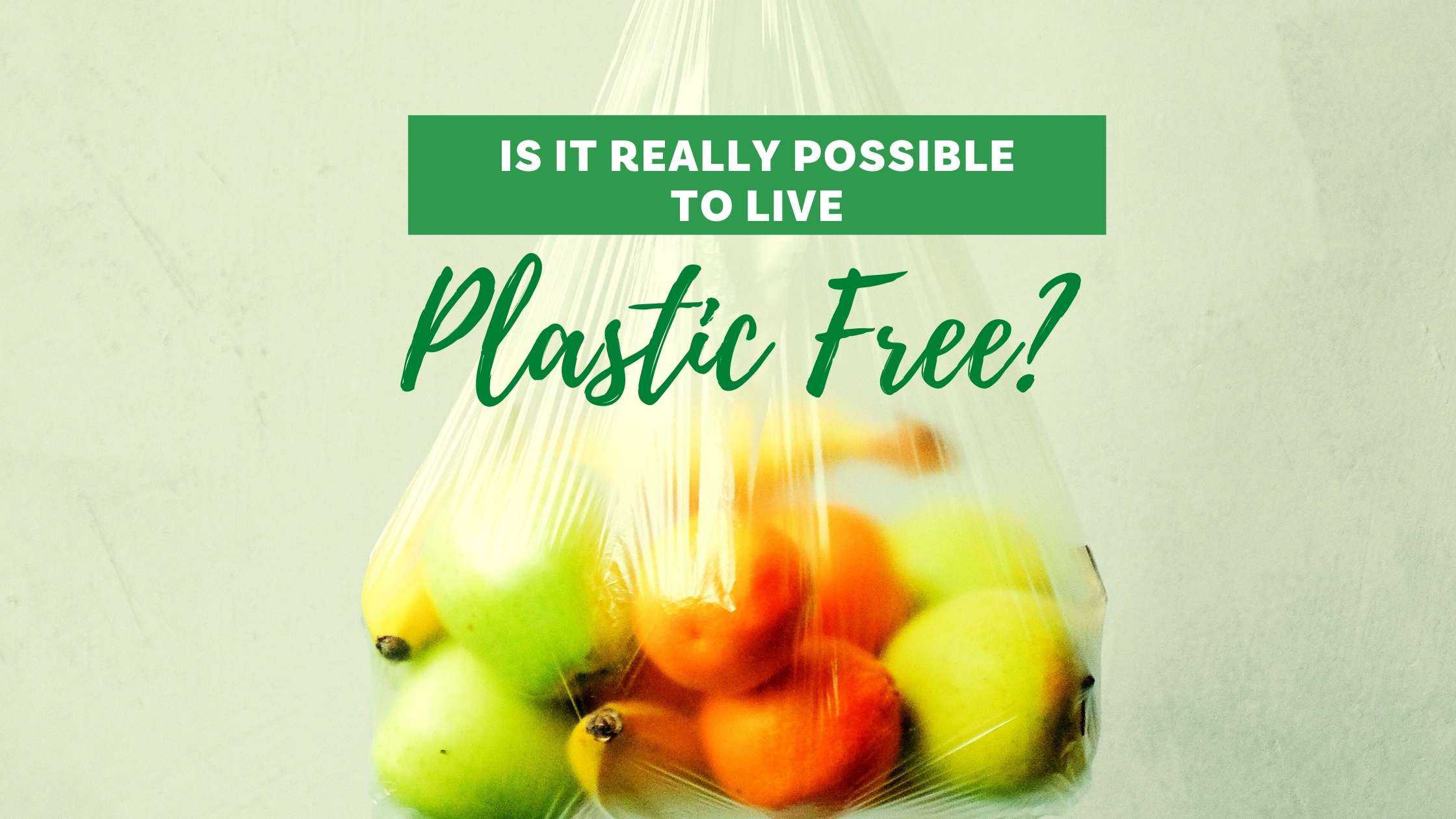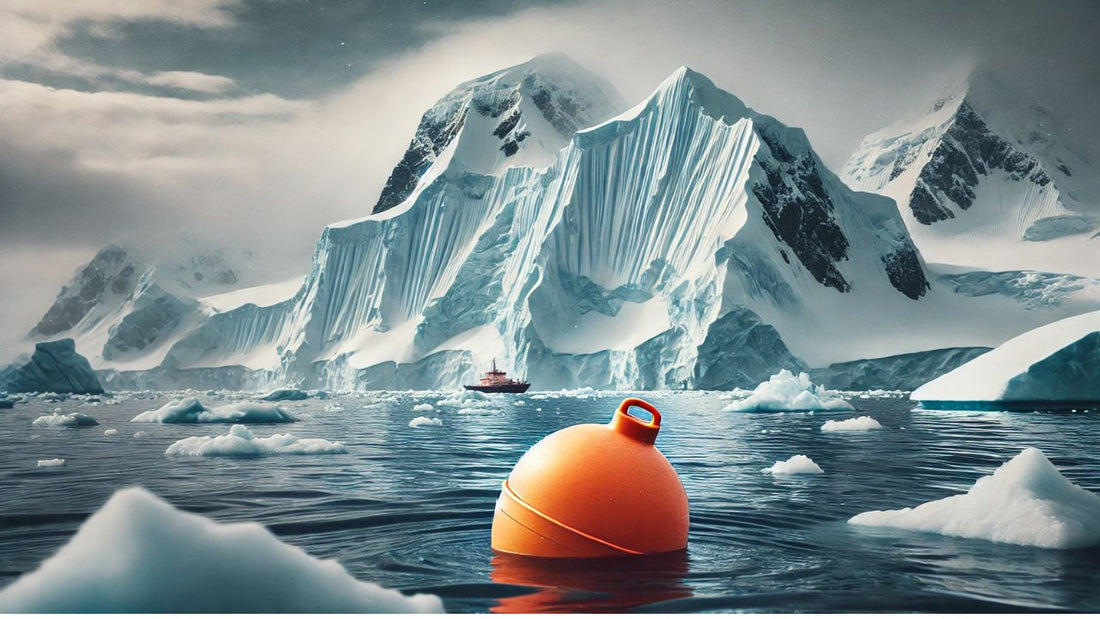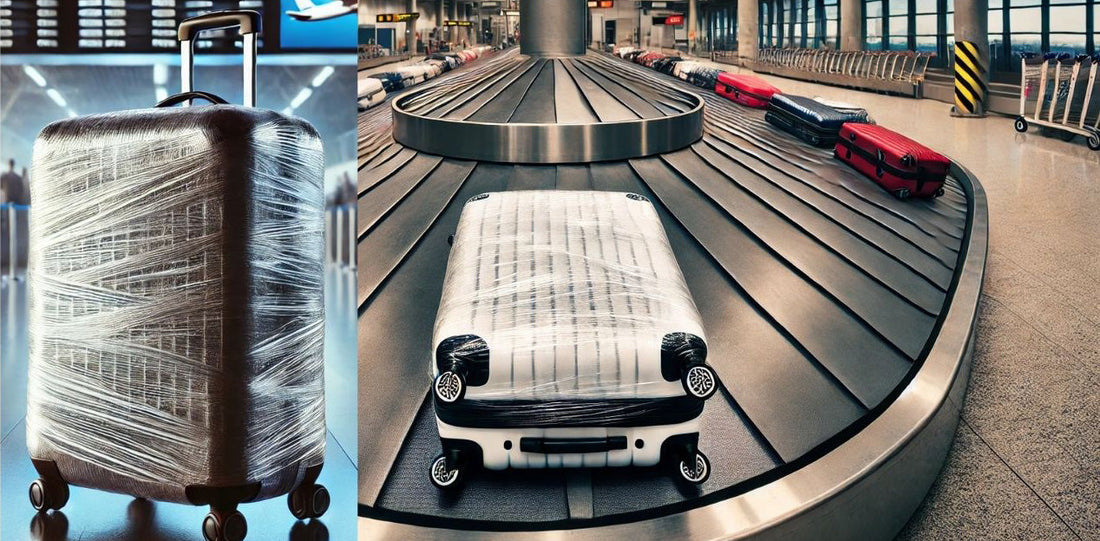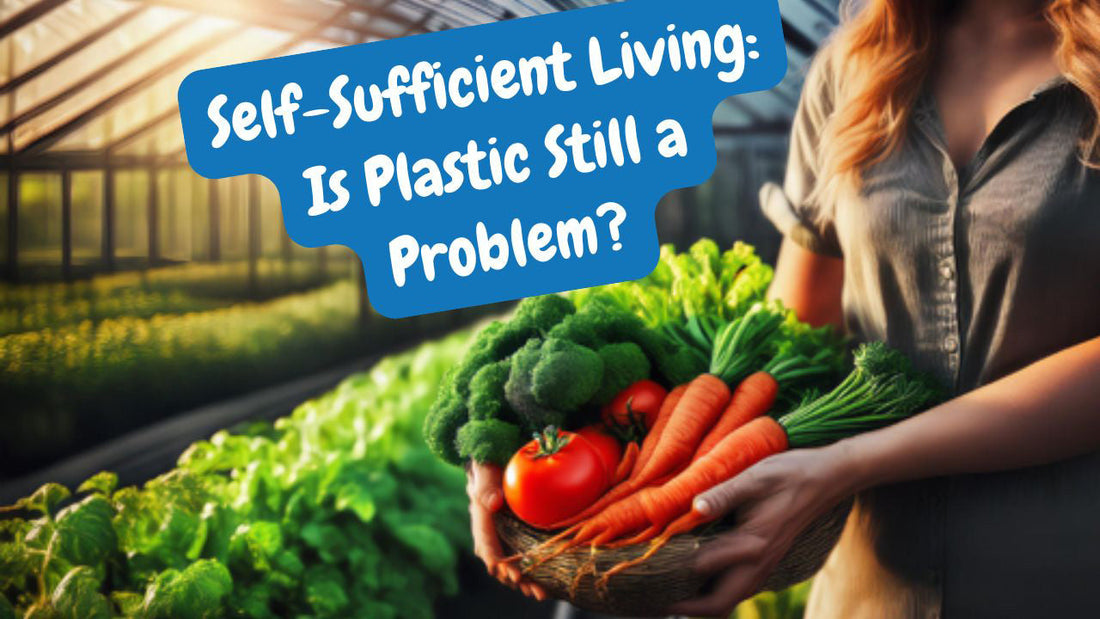One question we’re often asked is “is it really possible to live a plastic free lifestyle?”
To answer that question it's best to understand what a plastic free lifestyle really looks like — and how we can all work towards living that life, whether that means eliminating all the single use plastic, or simply removing the top plastic polluters such as plastic bags, water bottles, straws, takeaway coffee cups and plastic produce bags.
You may have seen pictures of zero waste influencers flashing around their small glass jar, showing the amount of waste they’ve saved by going plastic free for a year. While they certainly deserve recognition for undertaking this challenge and reducing their waste to next to nothing — this is not reality. Waste happens.
What we really should to be highlighting is how to curb that waste to the best of our abilities. And the best way to start is to aim to be as plastic free as possible in our daily lives.
Depending on what stage of your Plastic Free Journey you are on you will have a different perception of what being “Plastic Free” really means.
The initial shock factor:
If you’ve taken part in a Plastic Free Challenge, it’s likely your initial thought process was: every little piece of plastic you saw needed to be eliminated. This is the awareness stage. Being aware of how much plastic we use on a day-to-day basis is really what we all need. It’s not a bad thing to have this mindset, as it will keep you focused on the issue at hand, however ridding ourselves of every piece of plastic we use every day is sadly, simply just not realistic.
Learning about plastic pollution:
During my first plastic free challenge, I remember being so immersed in everything to do with removing plastic from my life, that every conversation I had became about the problems surrounding plastic.
After a lengthy conversation I had with one friend regarding the issues around plastics, and why we need to be more aware of how much plastic we use, she said something that has stuck with me ever since:
“You can’t unknow what you know.” It’s a powerful statement that can apply to a lot of things. But applying it to the context of plastic pollution really struck a chord.
Once you become aware of how big of an issue plastic pollution is, once you become aware that almost every environmental concern leads back to plastic pollution, you simply can’t unknow that information, and therefore you simply can’t ignore it.“Once you know some things, you can't unknow them.
It's a burden that can never be given away.” ― Alice Hoffman
Is it possible to do too much, or not do enough?
I believe in general, people are very aware that plastic is an issue. And for the most part, people either think they’re doing all they can to limit their plastic use, or simply think there’s not much point as their small contribution won’t count.
Either way, they are wrong.
The truth is plastic is so ingrained in our everyday lives that we won’t be eliminating every piece of plastic anytime soon. But that doesn’t mean we should do nothing at all to reduce our plastic consumption. Every piece of plastic we eliminate from our lives does make a difference. Do we all need to be doing more, even those of us that are eliminating as much as we think is possible? Yes — there is always more that can be done.
What then does it mean to be living Plastic Free?
If you’re reading this and thinking, "you still haven’t addressed what being Plastic Free really means", you’re right. Because unless you decide to move to a rural farm property where you can completely live off the land with very little contact with the outside world, you won’t be eliminating every part of plastic from your life. And that’s obviously not reality for 99.99% of the population.
Perhaps instead of saying “I live a Plastic Free Lifestyle” we switch the wording to “I aim to live life with less plastic”.
How much plastic you will be able to remove from your day-to-day life will depend on your awareness level, your ability and willingness to reduce plastic waste. But mostly living life plastic free means that you're make conscious decisions about your purchases. Thinking about the following three things before making purchases is a great place to start.
- Can I purchase this product without the plastic packaging and/or is it available in a plastic free version?
- Is this product and/or it’s packaging recyclable and what’s the likelihood it’s going to be recycled?
- Is this product and/or it’s packaging compostable and will I ensure it's composted?
The key is to start small, don’t let it overwhelm you, but also realise that what you are doing is making a difference. There's always more that can be done, but you can’t do it all at once and you’re not always going to find a solution to replacing a plastic item — but being conscious of your decisions will help you to make the best decision possible at the time.
What are the steps you've implemented to help you live life with less plastic?





